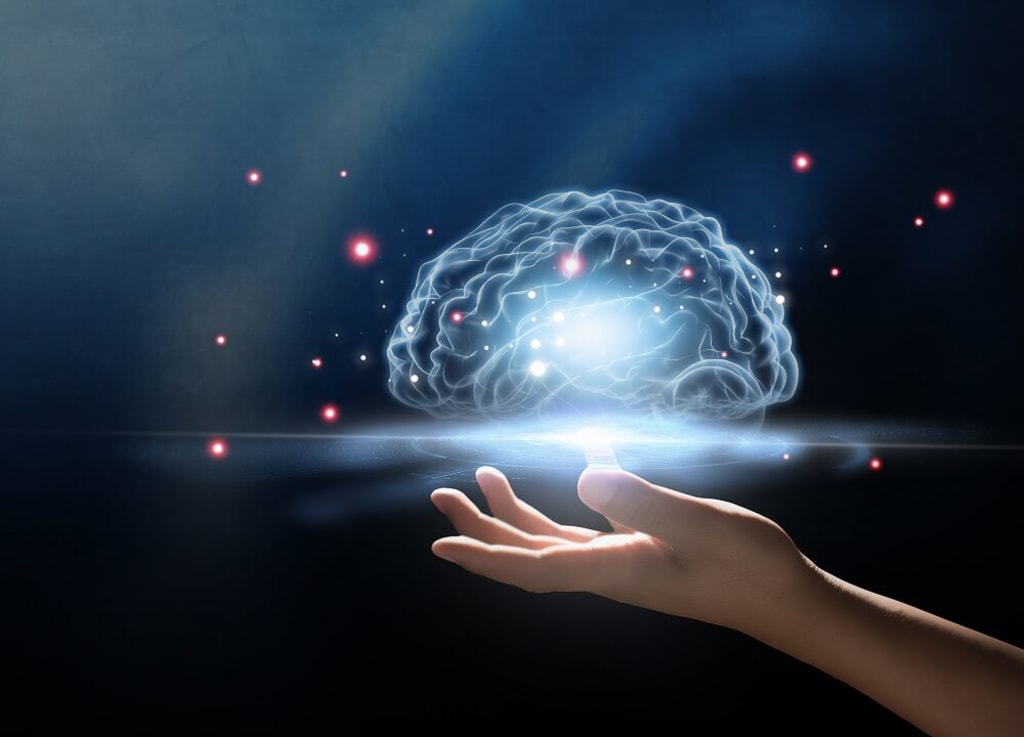"The Ethical Dilemmas of Living in an AI-Powered World"
Living In An AI-Powered World: The Ethical Issues

Introduction
Artificial Intelligence (AI) has emerged as a revolutionary force in an era of rapid growth, penetrating various parts of our daily life. AI has made significant achievements in enhancing efficiency and convenience, from smart homes to healthcare. However, as we embrace AI's potential, we must also address the ethical quandaries that occur in this AI-powered world. In this fascinating piece, we delve into the enthralling ethical challenges that have accompanied the emergence of AI, examining how we might negotiate these complexities while fully utilizing the capabilities of this tremendous technology.
The Battle for Personal Information: Privacy and Data Protection
AI thrives on data, and its widespread application raises worries about privacy and data security. As AI systems collect and analyze massive volumes of personal data, concerns about consent, data ownership, and the possibility of data breaches emerge. To develop trust in AI technologies, it is critical to strike a balance between innovation and individual privacy.
Bias and Fairness in the Face of Algorithmic Discrimination
AI algorithms are only as accurate as the data on which they are trained. AI systems may unintentionally perpetuate prejudice if previous data has inherent biases. Detecting and resolving prejudice in artificial intelligence systems is a major ethical concern, since these systems increasingly affect crucial decisions in sectors such as hiring, lending, and criminal justice.
Accountability and Autonomy in the Age of Autonomous Systems
The introduction of AI-powered autonomous systems, such as self-driving cars and robotic helpers, presents issues of accountability. Who is to blame if an autonomous car causes a collision? How can we ensure that AI systems adhere to human values and ethical standards? For a secure and ethical AI-powered world, the correct mix of AI autonomy and human oversight is critical.
Employment and Workforce Disruption: The Job Impact
Concerns regarding job displacement and worker disruption grow as AI continues to automate tasks and procedures. The ethical problem is to ensure a just transition for workers while also preparing them for the AI-powered labor market. Accepting AI responsibly entails considering the socioeconomic ramifications of its widespread adoption.
Artificial Intelligence in Healthcare: Balancing Efficiency and Patient Welfare
AI holds enormous promise in healthcare, from early diagnosis to individualized treatment strategies. The ethical quandary, however, is balancing efficiency with patient welfare. Can we put our trust in AI to make life-changing medical decisions? To secure the greatest potential patient outcomes, it is vital to strike the correct balance between AI-driven insights and human expertise.
AI Weaponization: The Dangers of Uncontrolled Technology
Concerns have been expressed about the weaponization of AI and the possibility for autonomous weaponry as a result of AI's potential in military applications. To prevent the misuse of AI for destructive objectives, it is critical to ensure that AI technology adheres to international laws and ethical frameworks.
Social Manipulation and Fake News: AI as a Misinformation Tool
The emergence of AI-generated material raises ethical concerns regarding disinformation propagation and its influence on society. Deepfakes and AI-powered bots have the capacity to sway public opinion, blur the distinctions between reality and fiction, and undermine democratic processes. It is critical for a well-informed society to establish systems to resist AI-driven misinformation.
Conscious AI and Machine Rights: An Ethical Look into AI Personhood
As AI becomes more complex, arguments over AI beings' rights and consciousness surface. Should AI systems be granted legal personhood or human-like rights? While this notion is still hypothetical, addressing the ethical implications of AI personhood is critical as AI's capabilities improve.
AI's Environmental Impact: The Carbon Footprint
The computing demands of AI are enormous, and the environmental impact of powering AI systems is a major ethical concern. As the AI sector grows, implementing sustainable practices and energy-efficient algorithms becomes increasingly important in order to reduce the carbon footprint of AI-powered technology.
Artificial Intelligence Governance: Navigating the Ethical Landscape
Addressing the ethical quandaries of an AI-powered society requires strong governance systems. Collaboration among governments, corporations, and academics is critical for developing guidelines, legislation, and ethical norms that promote responsible AI development and use.
Conclusion
The ethical quandaries of living in an AI-powered world are numerous and complicated. As we manage the challenges and potential pitfalls of artificial intelligence, it is critical to prioritize ethical issues in order to ensure that AI benefits humanity while avoiding unforeseen negative repercussions. Collaborative efforts and open communication will be critical to create a peaceful and ethically sound AI-powered future in which innovation, fairness, and social good live together.
About the Creator
iamVernetta
Hello All
I am Vernetta and I love creating!






Comments
There are no comments for this story
Be the first to respond and start the conversation.